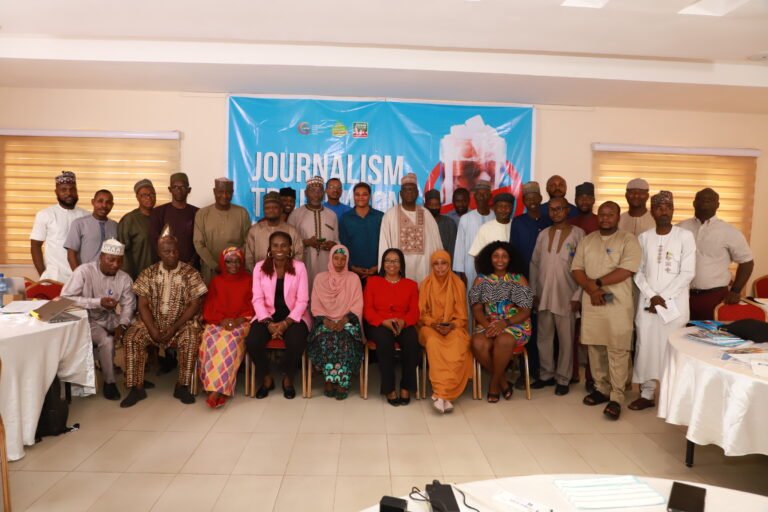Safe Motherhood Day: Women, Medical Staff Decry Low Supply Of Family Planning Commodities in Jigawa

By: Ahmed Ahmed Aminu, Dutse
Women of child bearing age and medical practitioners in public health facilities in Jigawa state have appealed to government to make family planning commodities more accessible and affordable across state.
They made the call while speaking to The Syndicate in some of the primary healthcare centres visited as part of this year’s International Safe Motherhood Day.
They decried the recurring out-of-stock situation regarding family planning commodities in most public clinics in the state, and said it was important to correct the anomaly to save women from falling into the hands of quacks.
During the visit to Dutse General hospital, Rasheed Shekoni Teaching hospital and Primary Healthcare Clinics at Andaza, Aujara and Sagu in Kiyawa, Jahun and Buji local government areas, The Syndicate found out that all the clinics have run out of stock despite demand by the women.
An officer in charge of one of the clinics told the The Syndicate that the situation was very disturbing and has lingered for a while.
“I’m not in a position to speak to you, but as of matter of importance I can tell you the women are in dire need of the service and commodities. They know the use and importance of family planning for family health.
“Women of child bearing age in this state in both rural and urban areas have accepted the practice very well. They now troop to health facilities for the services. It has reached a situation that even husbands are now helping their wive ta access the service.”
The official therefore said it was important to enhance the supply of contraceptives and other commodities in the state.
“What we do bridge the gap in supply is to refer the women to tertiary hospitals.
“My fear is that not all of them have the economic capability to afford the tertiary institutions services and may end up going to quacks and getting adulterated, substandard and fake products and services which will harm them.
“So, it is very important and necessary for the government and donor agencies to do something about the shortfall in supplies and save the women from falling into the hand of quack health personnel,” the official who wants to remain anonymous said.
Some of the women met at the health centres expressed dismay over the shortage of contraceptives in most of the the clinics.
“Most of the times when we come, they tell us it has finished and ask us to come back after some weeks,” a housewife, Malam Ramatu Balarabe, said.
“Some of us, when we go back home we conceive before the weeks as our husbands will not allow us, we have to satisfy their needs.”
Zaituna Sanda, 25, said she has gained insight into family planning during her previous ante-natal days and has the consent of her husband to obtain the services.
“Since we took the decision about five months ago, my husband and I have been checking many public facilities to access the services but we were told that there are no commodities.”
A mother of four, Habiba Nuraddeen, 31, said she opted for child spacing to properly take care of her five children.
“Please, the government should assist us by giving us the commodities which were earlier distributed for free at the hospitals,” she said.
Commenting on the matter, Mr Ankale Kongude, The Challenge Initiative’s Programme Manager in Jigawa, explained that the main pressing issue concerning family planning in the state was commodity procurement.
According to him, the last time the state procured the family planning commodities was in 2022.
He said even though there were budgetary allocations for the commodities in 2023 and 2024, they were never purchased.
He explained that the goal of his organisation is to remind government and ensure sustainability and efficiency in serving those in need.
Kongude called on the state to ensure sustainability of the project through the domestication of procurement of family planning commodities.





